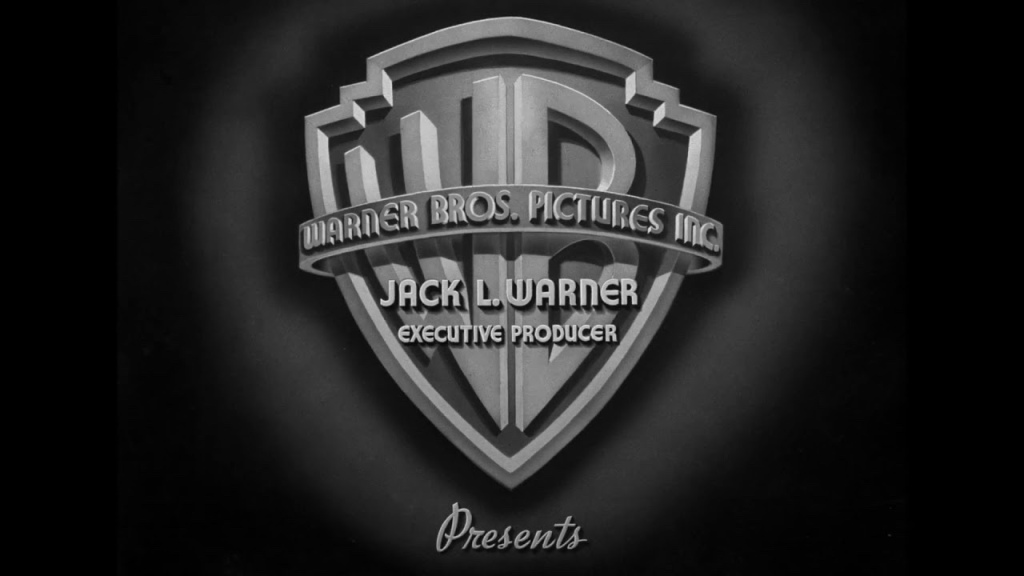Warner Bros. Was known for producing gritty, social realism crime dramas set in urban settings and typically following an experienced, dry detective, typically on a case involving murder or disappearance or kidnapping. This is what they were recognised for, and what audiences came to see, alongside the stable of stars they had, such as Humphrey Bogart and Ingrid Bergman.
Because of how crucial the actors were to the success of a film, the studio made efforts to boast them in advertising the film and in the film present them as more important, glamorous, important and larger-than-life. This is why Bergman is presented as glamorous and beautiful in Casablanca, and Rick is presented as gruff, weathered and experienced, as the audiences came to see the stars play their usual character types.
Because the unique selling point of Warner Bros. Films also being an attraction for audiences, they typically stuck to it in their films. This involved film noir tropes, like dark lighting, Smokey environments, characters who drink unhealthily, pessimistic attitudes, social issues, murder, shootouts and film noir fashion aesthetics, such as trench coats and fedoras.
Jack Warner, the head of Warner Bros. In 1942, was an interventionist in favour of joining the war in Europe. He wanted to produce a film that was pro-interventionist. Hal B. Wallis, the films producer, was also a republican in favour of preserving traditional American beliefs and values. Therefore, Casablanca is a romance film set in the war, and serves as an allegory of the war and America’s involvement in the war. Michael Curtiz, the films director, had focused on the ‘human-side’ of a story, typically following underdog, beaten-down heroes in his films, usually fighting against an upper, oppressive force, dealing with issues such as social injustice, oppression and exile, such as in Casablanca. Arthur Edeson, the director of photography, had built a career in portrait photography, which accounts for the emasculate presentation of the actors of importance and fame in Casablanca. The composer, Max Steiner, limited himself with how much his music held the attention of the audience, instead keeping the focus on the emotions meant to be evoked in the audience and presented in the film, which he would communicate through the music.

You must be logged in to post a comment.